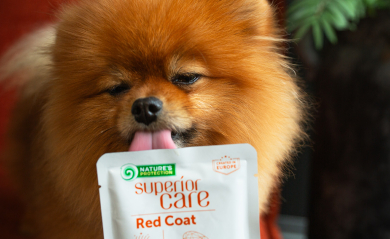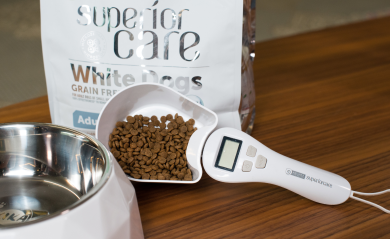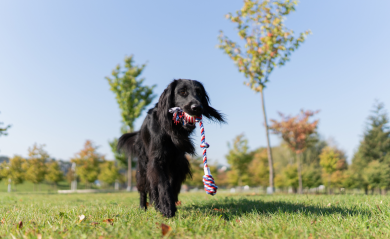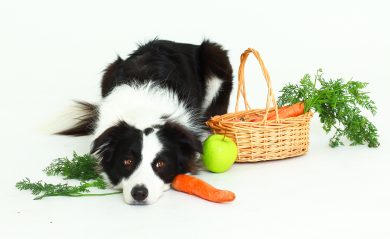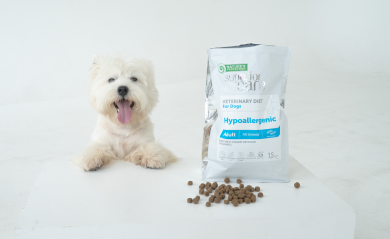Not all treats are created equal, which are the best?
Pet owners often buy treats to pamper their four-legged friends. However, even with good intentions, people sometimes unknowingly choose products that can do more harm than good.
There is a wide variety of treats available on the market: from biscuit cookies, chews, and dried meat to freeze-dried, semi-moist, soft, and dry treats. "There is no single answer as to which treat is the best, but by combining your pet's preferences and considering the product's ingredients, you can choose the option that is most suitable for your individual pet," says Julija Navikaitė, a technologist at AKVATERA LT, UAB, a company that produces Nature’s Protection dry feed and treats, as she discusses which treats to avoid and what to consider when selecting them.
Why Are Treats Needed?
According to the technologist, treats play several important roles in a pet's life. "Treats usually accompany dogs and cats from a young age. Owners use them for training and education.
They are an excellent tool for motivation and rewarding good behavior.
They can also be useful when a pet is left alone – a chew-type treat can delight and distract them from, for example, chewing on furniture.
Another very important function of treats is that they help build the bond between the owner and the pet," says J. Navikaitė, listing the benefits of treats.
In addition to the mentioned benefits, treats can also help clean teeth and massage gums, support the pet's health, immune system, and depending on the composition, other body functions.
"Not all treats on the market add value to a pet's health. On the contrary, the composition and type of the treat should be carefully evaluated. Some treats contain wheat, soy, pork, and other ingredients that are among the biggest allergens.
When it comes to functional treats-supplements, they are rich in animal proteins and, more importantly, enriched with beneficial substances such as vitamins, minerals, probiotics, and other nutrients useful for the pet's body," explains the technologist about the differences between functional and traditional treats.
Important to Evaluate Composition
According to J. Navikaitė, when choosing any treat, owners should carefully read labels, understand the ingredients, and consider whether the treat will truly benefit the pet.
"For example, biscuit treats often contain a lot of wheat flour, which overloads the treat's nutritional value with carbohydrates. Frequent use of such treats can lead to weight gain in pets. Talking about various dried or smoked meats (ears, snouts, penises, etc.), which pets really like, these usually have a lot of added salt, used for flavor and as a preservative, but excessive salt intake can cause health problems such as increased thirst, dehydration, electrolyte imbalance, and potential kidney problems," shares the technologist.
It's different with functional treats-supplements: "They are enriched with vitamins, minerals, proteins, probiotics, and prebiotics. Depending on the function – for shiny coats, weight control, vision, bones and joints, dental health, etc. – the composition can include microalgae, seaweed, green tea, lemon balm extract, salmon or coconut oil, and dynamically micronized clinoptilolite and other natural and beneficial substances."
Do Not Overuse
Navikaitė points out that treats should make up no more than 5% of a pet's diet and should not be overused.
"Usually, the recommended amount of treats that can be given to a pet is found on the packaging. Overfeeding treats can disrupt digestion, causing vomiting or diarrhea," warns the expert. She reminds that a healthy diet pyramid looks like this: 80% complete dry food, 10–12% canned food, 3–5% treats, and 1–3% supplements. It's important that both treats and pet food contain high-quality ingredients that provide additional benefits.
"Regarding pet nutrition, another important rule is that owners must resist the temptation to spoil their pets with human food from the table. Some products are very dangerous for dogs and cats and poisoning from them can be fatal. Particularly, chocolate, nuts, grapes and raisins, as well as garlic and onions should be avoided. If a pet does manage to snatch something, the first aid for digestive disturbances and toxin elimination is a supplement of volcanic origin, dynamically micronized clinoptilolite (MicroZeoGen)," recommends the technologist.
"Treats indeed bring a lot of joy to a pet, but it is important not to overdo it out of love and to properly care for the pet's health. Moreover, you can pamper your four-legged friend not only with their favorite treat – quality time together, walks, playing together, or other favorite activities are also important," concludes J. Navikaitė.

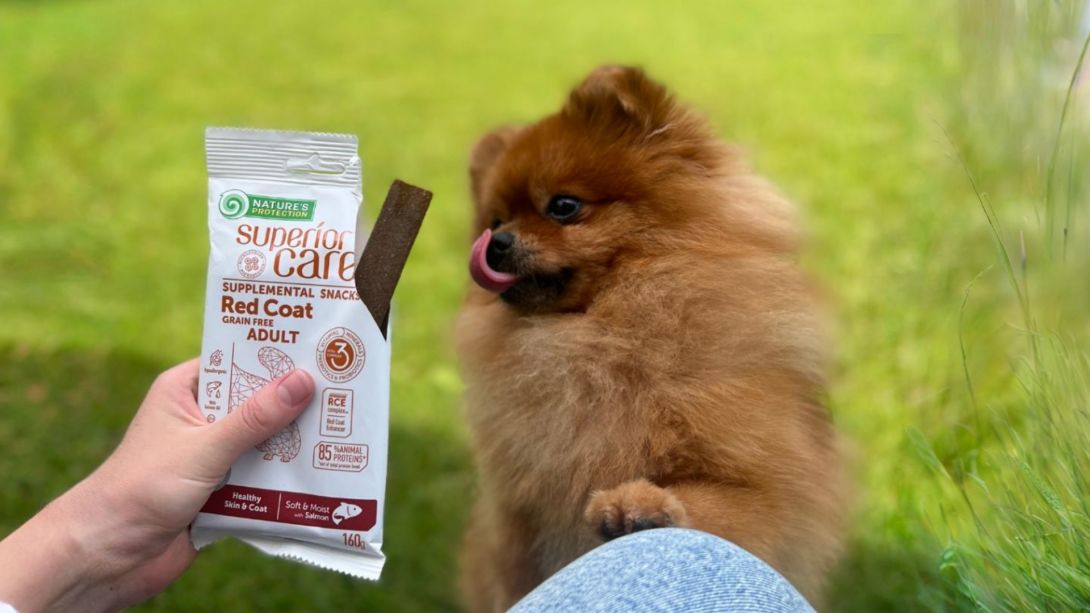
 June 19, 2024
June 19, 2024
 0 comments
0 comments



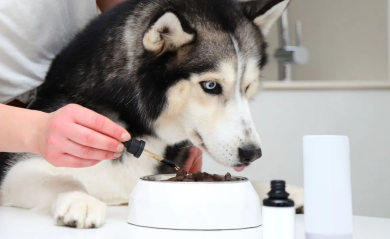
 March 26, 2025
March 26, 2025
